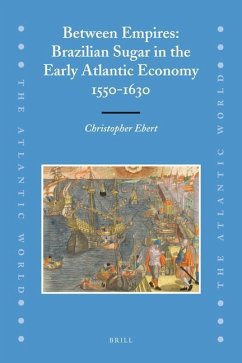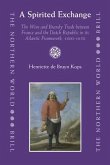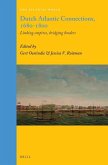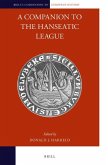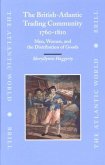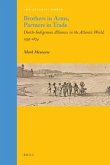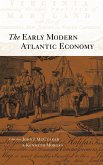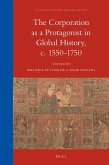This study examines the wholesale trade in sugar from Brazil to markets in Europe. The principal market was northwestern Europe, but for much of the time between 1550 and 1630 Portugal was drawn into the conflict between Habsburg Spain and the Dutch Republic. In spite of political obstacles, the trade persisted because it was not subject to monopolies and was relatively lightly regulated and taxed. The investment structure was highly international, as Portugal and northwestern Europe exchanged communities of merchants who were mobile and inter-imperial in both their composition and organization. This conclusion challenges an imperial or mercantilist perspective of the Atlantic economy in its earliest phases.

